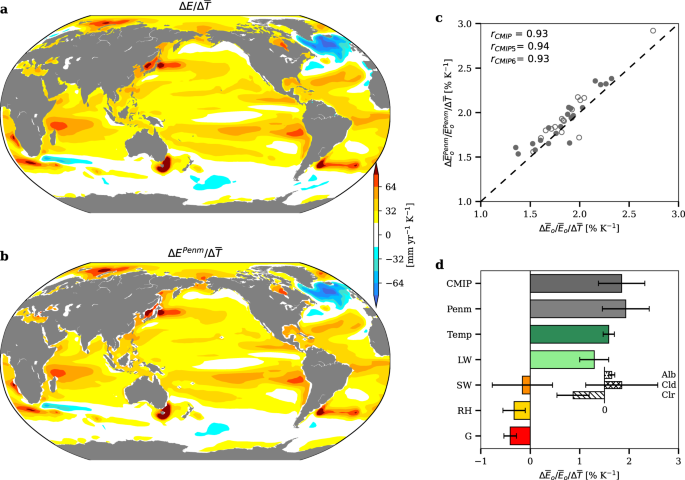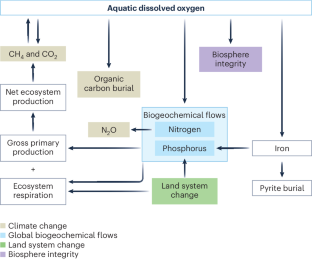2024-07-11 マサチューセッツ工科大学(MIT)
<関連情報>
- https://news.mit.edu/2024/study-finds-health-risks-switching-ships-to-ammonia-fuel-0711
- https://iopscience.iop.org/article/10.1088/1748-9326/ad5d07
アンモニアを代替船舶燃料として使用した場合の気候および大気質への影響 Climate and air quality impact of using ammonia as an alternative shipping fuel
Anthony Y H Wong, Noelle E Selin, Sebastian D Eastham, Christine Mounaïm-Rousselle, Yiqi Zhang and Florian Allroggen
Environmental Research Letters Published: 9 July 2024
DOI:10.1088/1748-9326/ad5d07

Abstract
As carbon-free fuel, ammonia has been proposed as an alternative fuel to facilitate maritime decarbonization. Deployment of ammonia-powered ships is proposed as soon as 2024. However, NOx, NH3 and N2O from ammonia combustion could impact air quality and climate. In this study, we assess whether and under what conditions switching to ammonia fuel might affect climate and air quality. We use a bottom–up approach combining ammonia engine experiment results and ship track data to estimate global tailpipe NOx, NH3 and N2O emissions from ammonia-powered ships with two possible engine technologies (NH3–H2 (high NOx, low NH3 emissions) vs pure NH3 (low NOx, very high NH3 emissions) combustion) under three emission regulation scenarios (with corresponding assumptions in emission control technologies), and simulate their air quality impacts using GEOS–Chem high performance global chemical transport model. We find that the tailpipe N2O emissions from ammonia-powered ships have climate impacts equivalent to 5.8% of current shipping CO2 emissions. Globally, switching to NH3–H2 engines avoids 16 900 mortalities from PM2.5 and 16 200 mortalities from O3 annually, while the unburnt NH3 emissions (82.0 Tg NH3 yr−1) from pure NH3 engines could lead to 668 100 additional mortalities from PM2.5 annually under current legislation. Requiring NH3 scrubbing within current emission control areas leads to smaller improvements in PM2.5-related mortalities (22 100 avoided mortalities for NH3–H2 and 623 900 additional mortalities for pure NH3 annually), while extending both Tier III NOx standard and NH3 scrubbing requirements globally leads to larger improvement in PM2.5-related mortalities associated with a switch to ammonia-powered ships (66 500 avoided mortalities for NH3–H2 and 1200 additional mortalities for pure NH3 annually). Our findings suggest that while switching to ammonia fuel would reduce tailpipe greenhouse gas emissions from shipping, stringent ammonia emission control is required to mitigate the potential adverse effects on air quality.



